Stories | Week 4 | Pastor Ben Pierce
Forgiveness: A Choice We All Must Make
In a world where hurt and betrayal are common, the act of forgiveness can feel daunting. Yet, as shared in the heartfelt message from Pastor Ben Pierce, forgiveness is not merely an emotion but a powerful choice that can transform our lives and relationships. This blog explores the essence of forgiveness, emphasizing its importance in our faith journey and practical ways to embrace it.
Wilson’s Journey of Reconciliation
Wilson Enriquez’s story illustrates the profound journey of reconciliation through forgiveness. After experiencing a challenging divorce in 2019, Wilson faced a period of darkness and depression. However, he and his wife, Shana, chose to keep an open mind and explore the possibility of reconciliation.
Through the “I Choose You” program, they began to understand their feelings and the necessary steps to rebuild their family as God intended. This journey emphasizes the importance of being open to healing and restoration, highlighting that reconciliation is a process that requires commitment and faith.

The Importance of Sharing Stories
Sharing personal stories, like Wilson’s, serves as an encouragement for others facing similar struggles. These narratives foster a sense of community and understanding, reminding individuals they are not alone in their challenges.
When we hear how God has worked in others’ lives, it can ignite hope and inspire us to seek the same transformative power in our own lives. The act of sharing is not just about recounting events; it’s about connecting hearts and building faith.
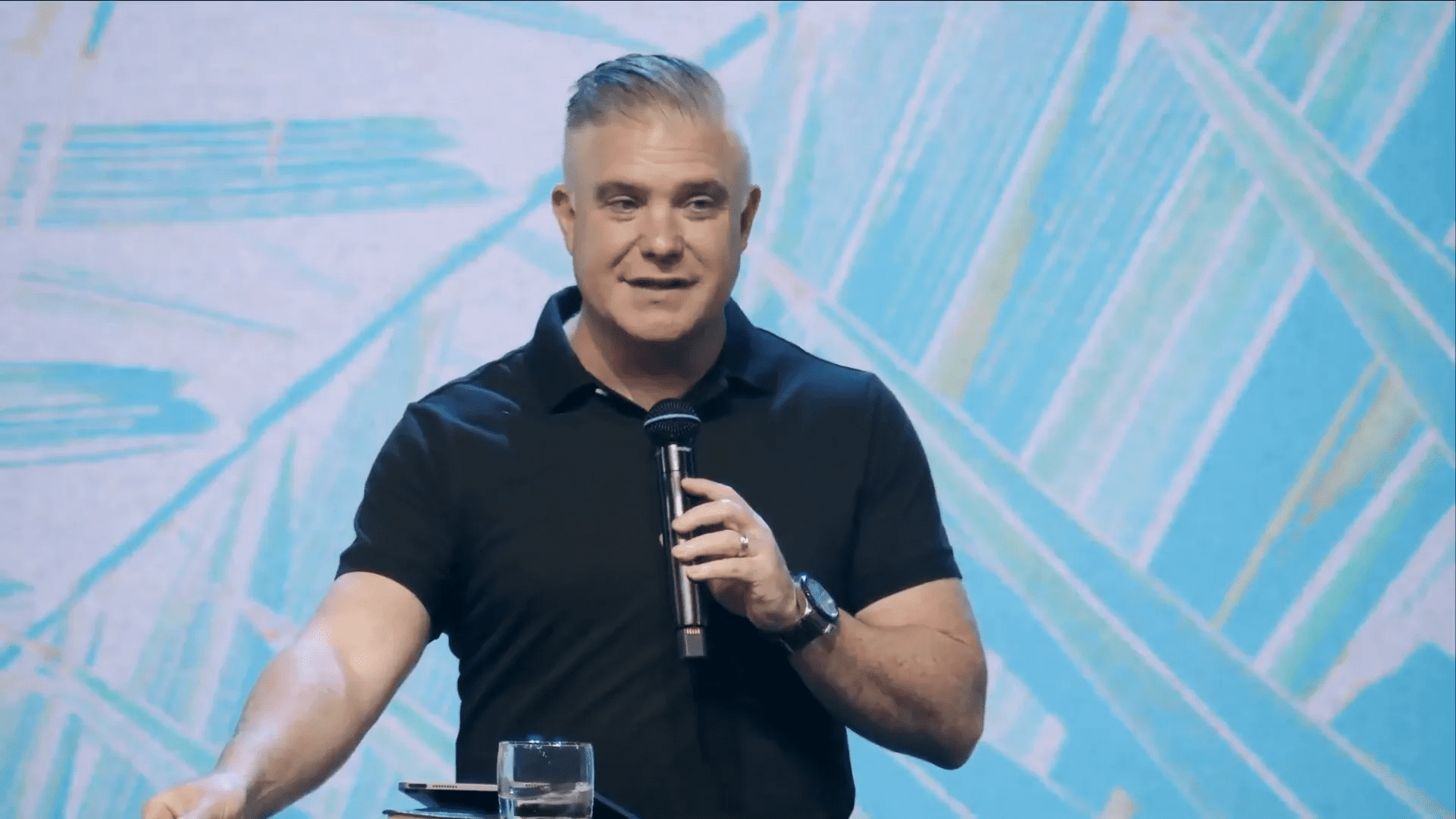
Welcoming the Community and Prayer for Storm Victims
As a community, it is essential to come together in times of crisis. Acknowledging the struggles faced by those affected by storms, we unite in prayer, asking for peace and protection for all impacted.
Prayer not only brings comfort but also strengthens the bonds within the community. It is a reminder that we are called to support one another, especially during difficult times.
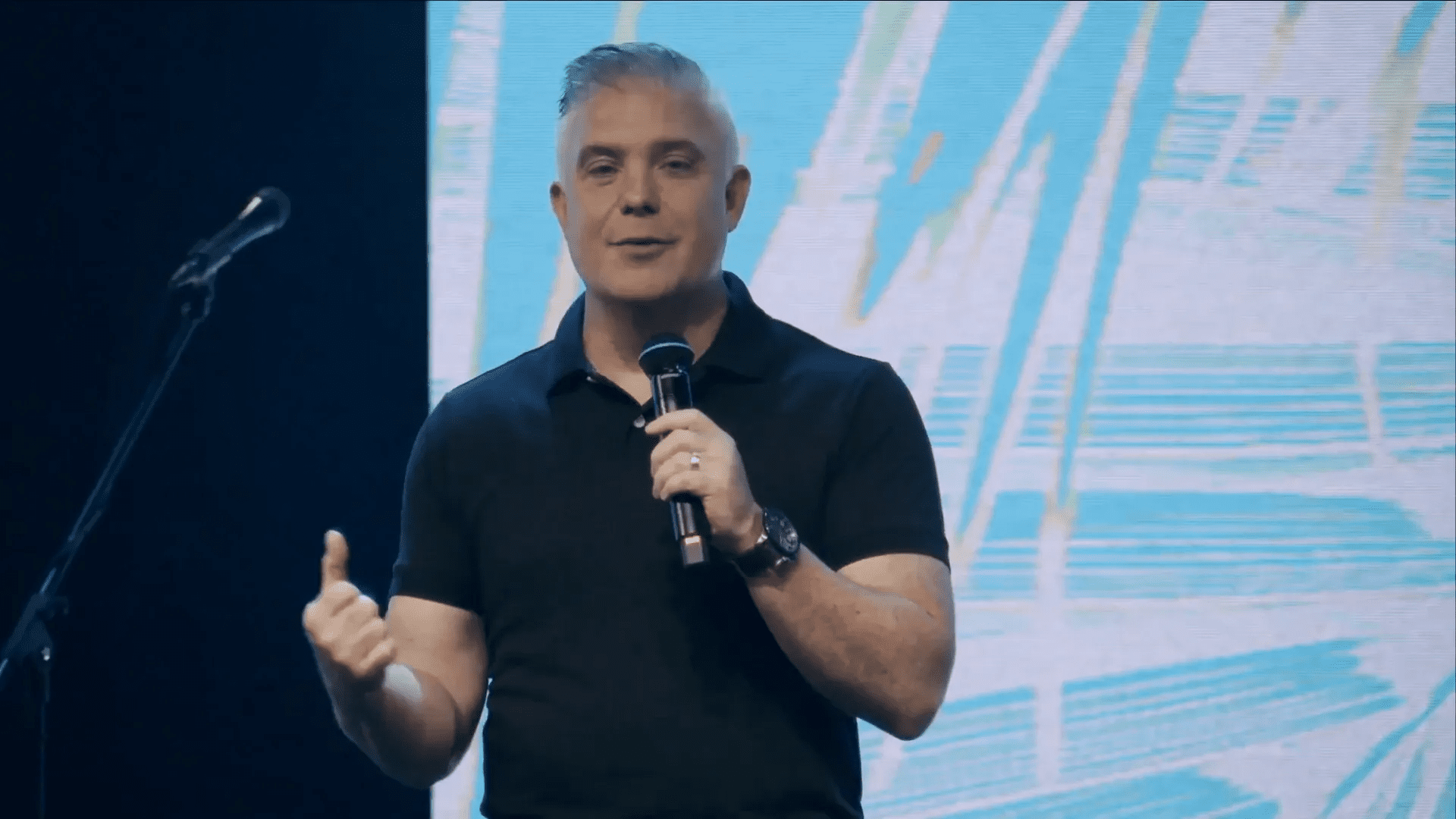
Understanding Forgiveness as a Choice
Forgiveness is often misconstrued as a feeling, but it is fundamentally a choice. It requires intentionality and personal responsibility. By choosing to forgive, individuals take a significant step towards healing and freedom.
Jesus exemplified this choice through His sacrifice, offering forgiveness in advance of our responses. This act of faith challenges us to extend the same grace to others, even when it feels undeserved.

The Challenge of Forgiveness
Forgiveness is not easy; it is one of the most difficult tasks we face in relationships. The pain of betrayal or hurt can linger, making the act of forgiving feel overwhelming.

However, recognizing that forgiveness is a choice empowers us to confront our feelings of anger and resentment. It encourages us to look beyond our immediate emotions and consider the long-term impact of holding onto unforgiveness.
Personal Testimony of Unforgiveness
Many have testimonies of grappling with unforgiveness, often stemming from deep personal wounds. The journey through these feelings can be tumultuous, filled with moments of anger and confusion.
Sharing these experiences not only validates the struggle but also highlights the transformative power of choosing to forgive. It encourages others to take their first steps toward healing.

The Decision Point: Choosing Forgiveness
Each person reaches a decision point in their journey where they must choose whether to forgive. This moment can significantly influence the trajectory of one’s life.
By recognizing the impact of unforgiveness, individuals can make conscious choices that lead to freedom and peace. It’s about taking control of one’s emotional well-being and actively deciding to let go of past hurts.

Four Key Principles of Biblical Forgiveness
Understanding biblical forgiveness involves acknowledging that it is not a feeling but a choice. Here are four key principles to keep in mind:
- Forgiveness is a choice: It requires a deliberate decision to forgive others, just as Jesus forgave us.
- Forgiveness is a process: It may take time and effort to fully forgive, but the journey is worth it.
- Forgiveness involves letting go: Releasing the debt that others owe us frees us from the burden of resentment.
- Forgiveness is a reflection of faith: Our ability to forgive mirrors the grace we have received from God.
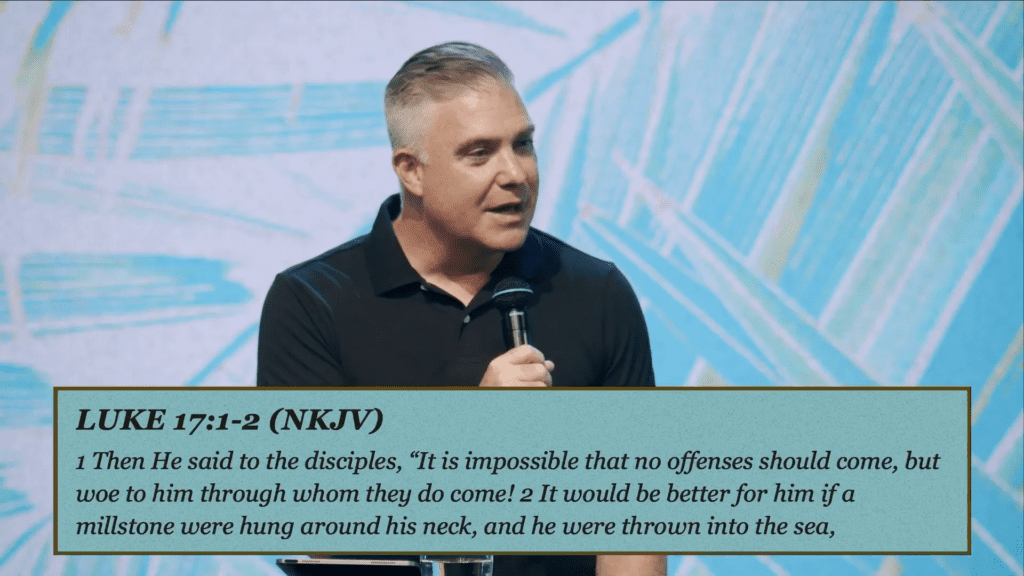
Forgiveness is Not a Feeling
Lastly, it is crucial to understand that forgiveness is not based on feelings. It transcends emotions and is rooted in faith and choice.
Choosing to forgive may not feel natural initially, but it is a step towards healing. By focusing on the choice rather than the feelings, we can move forward in our relationships and lives.

The Seriousness of Forgiveness
Forgiveness is not a trivial matter; it is a cornerstone of our faith. When we treat forgiveness lightly, we risk undermining the very foundation of our Christianity. Jesus’ sacrifice on the cross was an act of profound forgiveness, extending grace for our past, present, and future sins.
In Matthew 6:14-15, Jesus warns us that our ability to receive forgiveness from God is directly tied to our willingness to forgive others. This sobering truth highlights the seriousness of our choices regarding forgiveness. It’s not merely an option but a necessity for a healthy relationship with God.

The Parable of the Unforgiving Servant
In Matthew 18, Jesus shares a powerful parable that illustrates the importance of forgiveness. A servant, who owes an unpayable debt, is forgiven by his master. However, upon encountering a fellow servant who owes him a small amount, he refuses to extend the same mercy.
This parable serves as a stark reminder of the inequity in holding onto unforgiveness. Just as the master expected mercy from the servant, God expects us to mirror His grace in our interactions with others.
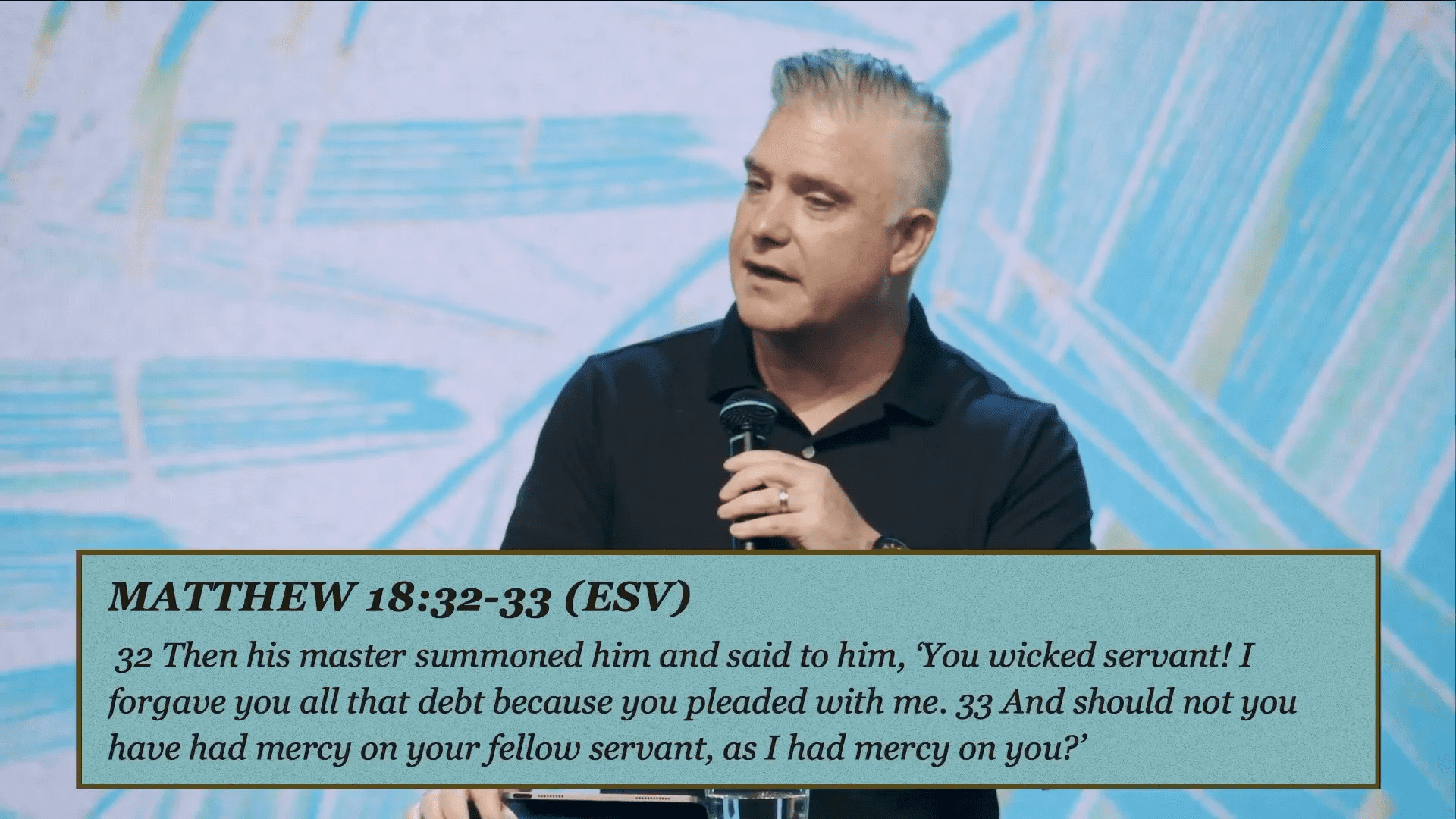
Forgiveness is Not Forgetfulness
Many mistakenly believe that to forgive is to forget. However, forgiveness is not about erasing the memory of pain or offense. It’s about making a conscious decision to let go of the hurt and not allowing it to dictate our actions or emotions.
True forgiveness allows us to move forward without the burden of past offenses. It’s essential to refuse to dwell on the offense, choosing instead to focus on healing and growth.
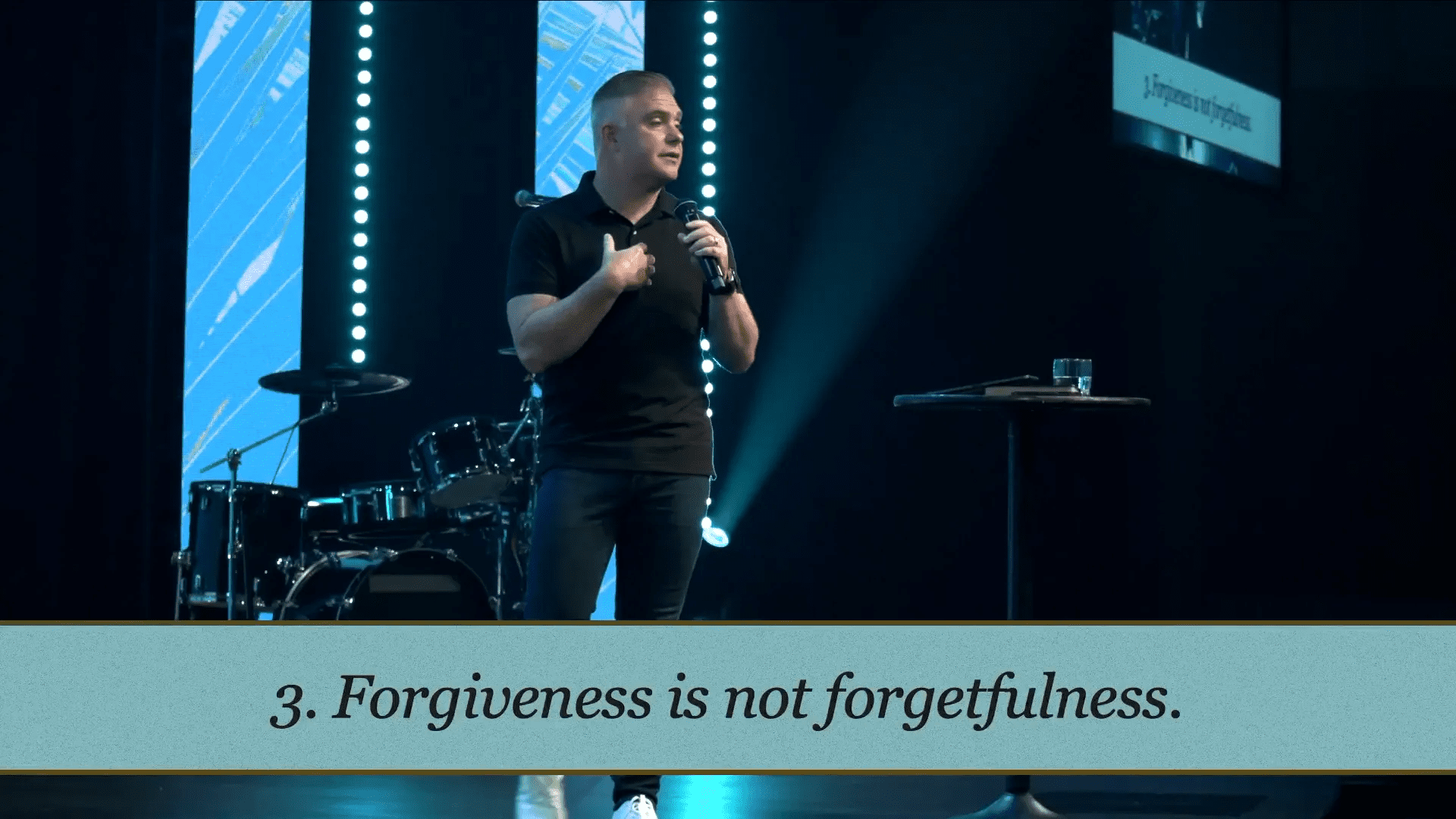
Faith as a Foundation for Forgiveness
Forgiveness requires faith. It’s not about waiting until you feel like forgiving; it’s about making a choice to forgive despite your feelings. This act of faith is crucial, especially when the possibility of being hurt again exists.
Trusting God to handle the situation is vital. It’s a step that can be particularly challenging in strained relationships, yet it’s necessary for our spiritual health.

Practical Steps to Choose Forgiveness
Choosing to forgive can feel daunting, but there are practical steps you can take to facilitate the process:
- Make the decision to drop the wrongdoing: Let go of the offense and refuse to bring it up again.
- Pray for the offender: Shift your perspective by praying for those who have hurt you, asking for their well-being and transformation.
- Have a conversation: If appropriate, discuss the offense with the person involved. They may not even realize the impact of their actions.
- Offer forgiveness: It’s your choice to extend forgiveness, regardless of whether it is accepted by the other person.

The Power of Prayer in Forgiveness
Prayer can be a transformative tool in the forgiveness process. When we pray for those who have wronged us, we cultivate empathy and understanding.
Instead of harboring resentment, we can ask God to bless them. This shift in mindset can lead to healing, not only for ourselves but also for the relationship.
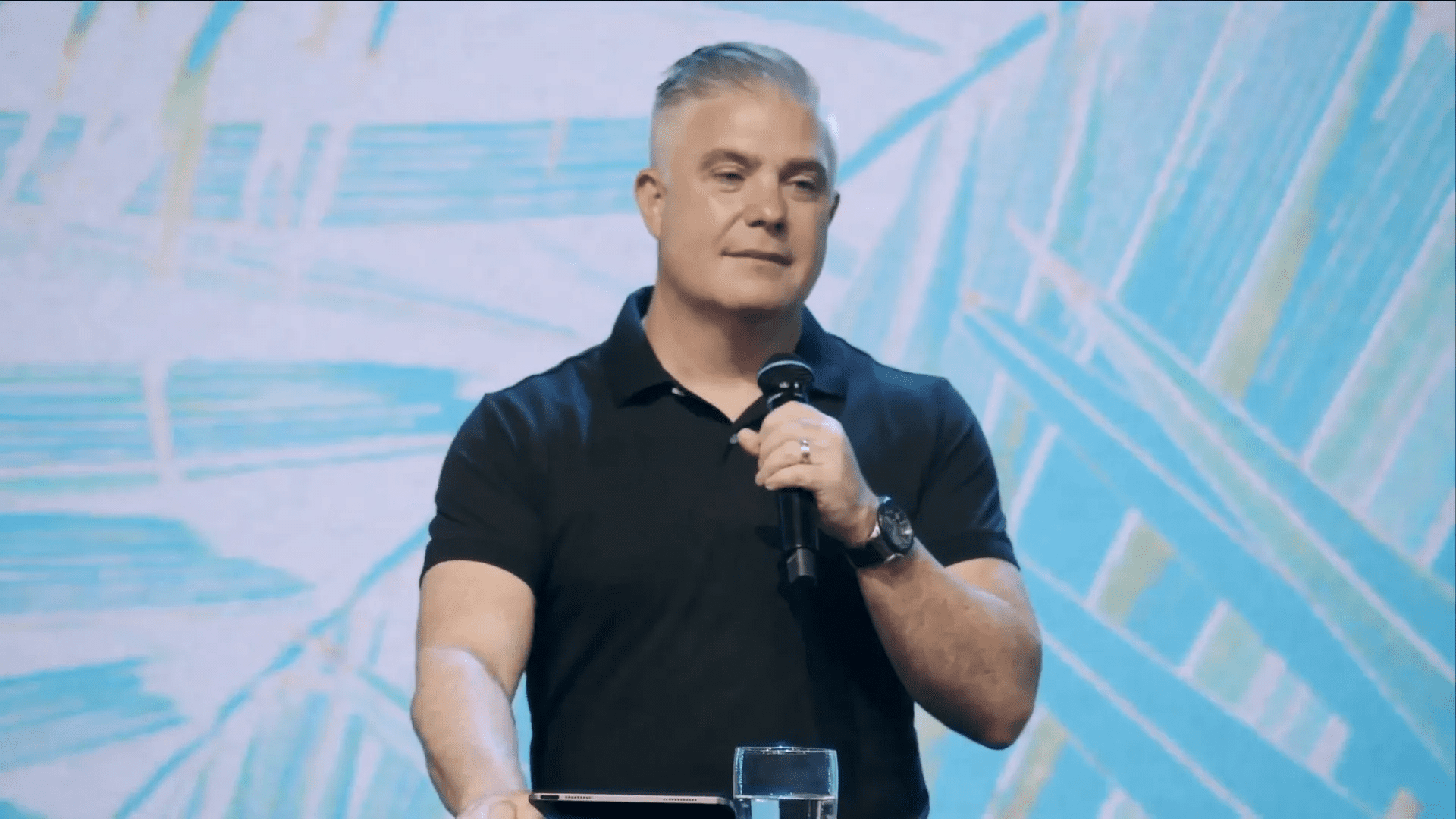
Confronting Offenses and Offering Forgiveness
Addressing the offense directly can be a crucial part of the forgiveness journey. Often, the person who hurt you may not be aware of the impact of their actions.
In Matthew 18, we are encouraged to approach the person privately and discuss the issue. This can lead to reconciliation and a deeper understanding between both parties.

Closing Thoughts and Prayer
Forgiveness is a serious matter that requires intentionality and faith. It’s not simply about letting go of past hurts; it’s about embracing the freedom that comes with forgiveness.
As we navigate our relationships, let us remember the grace we have received and strive to extend that same grace to others. In closing, let’s take a moment to pray for the strength to forgive and for healing in our hearts.
